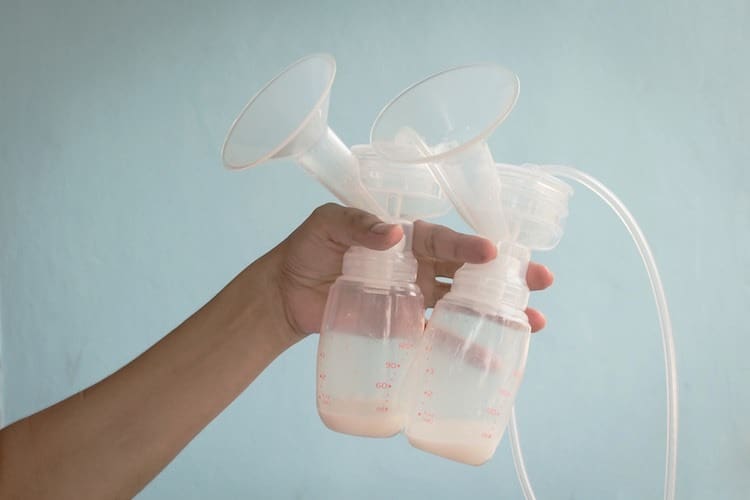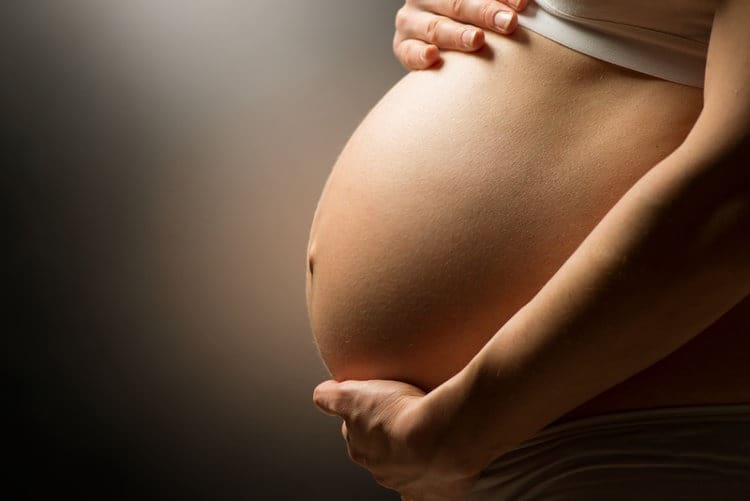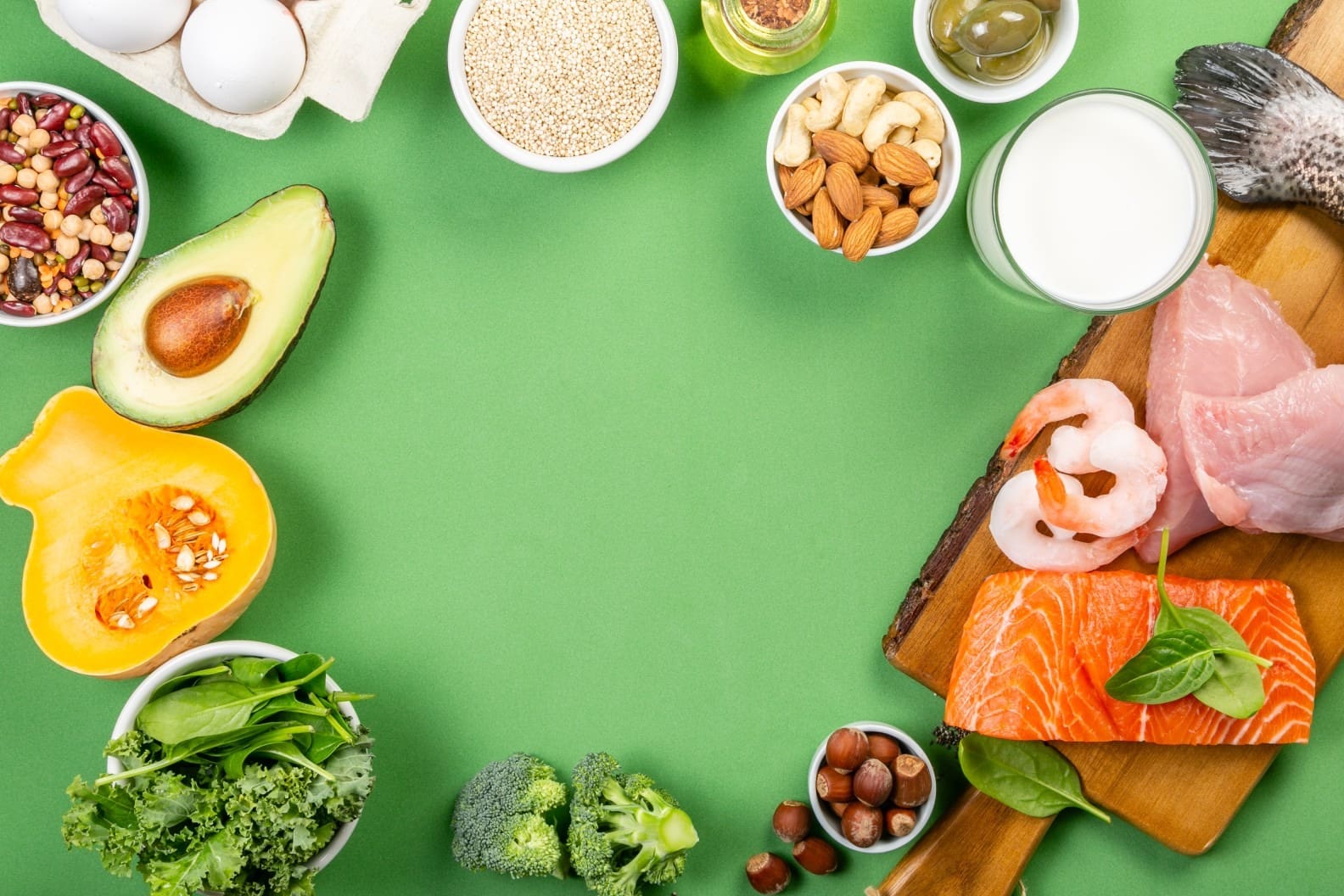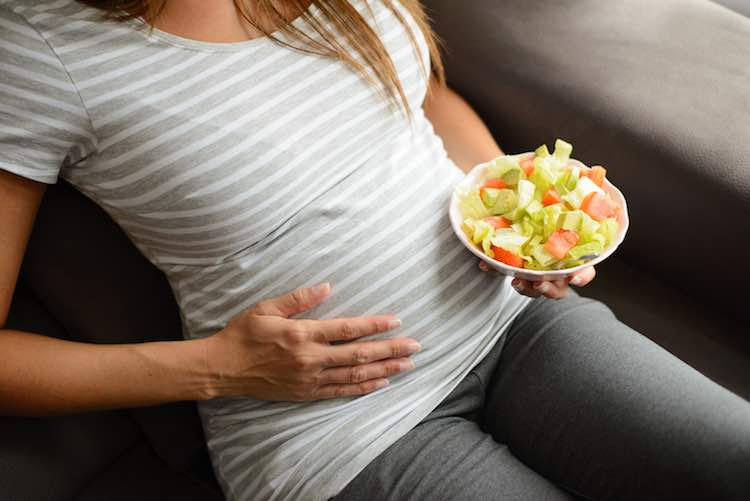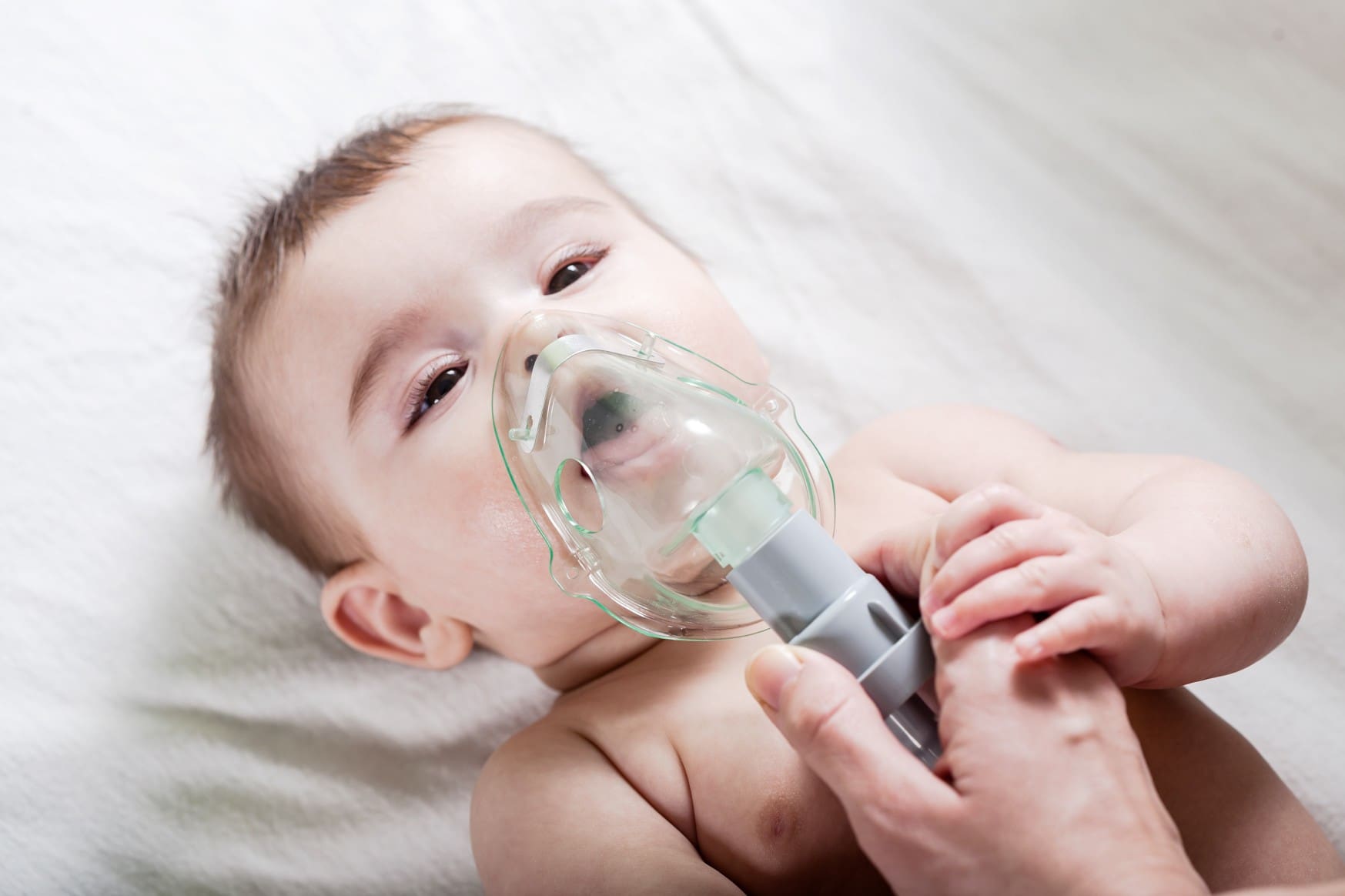Pregnancy can trigger oral health problems such as gingivitis, pregnancy epulis (pregnancy granuloma) and tooth decay.
baby
Breast feeding your baby
Breast milk has long been known as the ideal food for babies and infants. Major health organisations recommend that women breast feed their babies exclusively until they are 6 months old, and continue breast feeding, along with solids, until they are 12 months old or more. Breast milk has many benefits.
Breast milk expressing
There are a number of reasons why a breast feeding mother might wish to express milk rather than feeding the baby directly from the breast.
Group B streptococcus and pregnancy
Group B streptococcus (group B strep) is a common bacterium that is found in the body. It is usually harmless in adults. Sometimes, however, a woman who has group B strep can infect her baby during delivery.
Mediterranean diet linked to successful IVF
Women who follow a Mediterranean-style diet in the lead up to IVF treatment have a higher chance of conceiving and giving birth to a baby.
Healthy weight during pregnancy good for baby
It’s a complex issue, but babies will have better outcomes if their mother has a healthy weight during pregnancy.
Asthma and wheezing in babies
Coughing and wheezing are common symptoms in babies. However, in babies, these symptoms are often due to airway conditions other than asthma.
Breastfeeding feeds good gut bacteria to infants
New research finds another reason to support breastfeeding – by seeding good bacteria in the digestive system of infants.
Many pregnant women still not exercising enough
Despite most pregnancy guidelines recommending exercise during pregnancy, a large number of pregnant women participate in little to no physical activity.
Contraception: long-term options for women
Long-lasting forms of contraception for women include implants, intrauterine devices (IUDs) and injections, all of which are reversible. Compare the different options.



